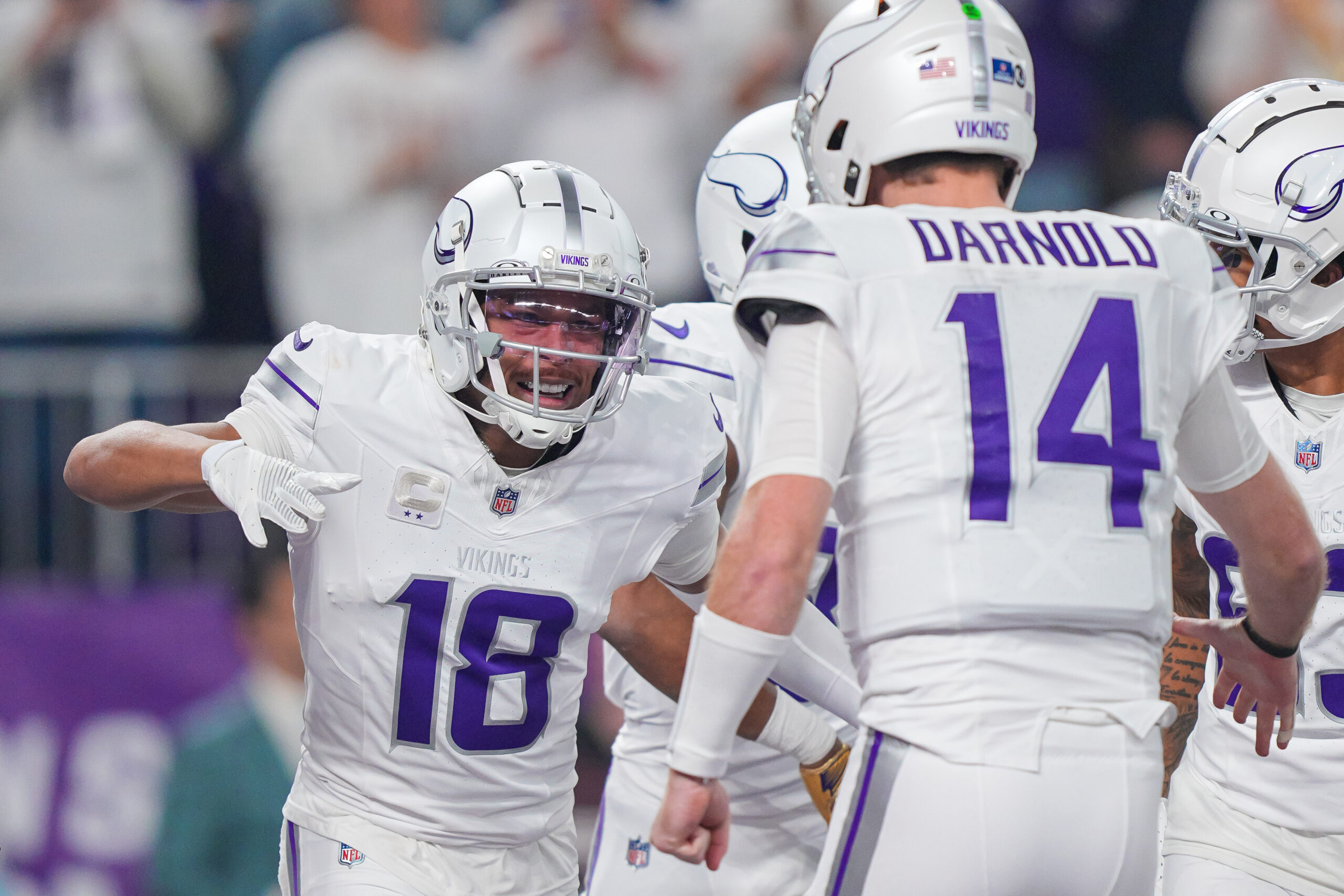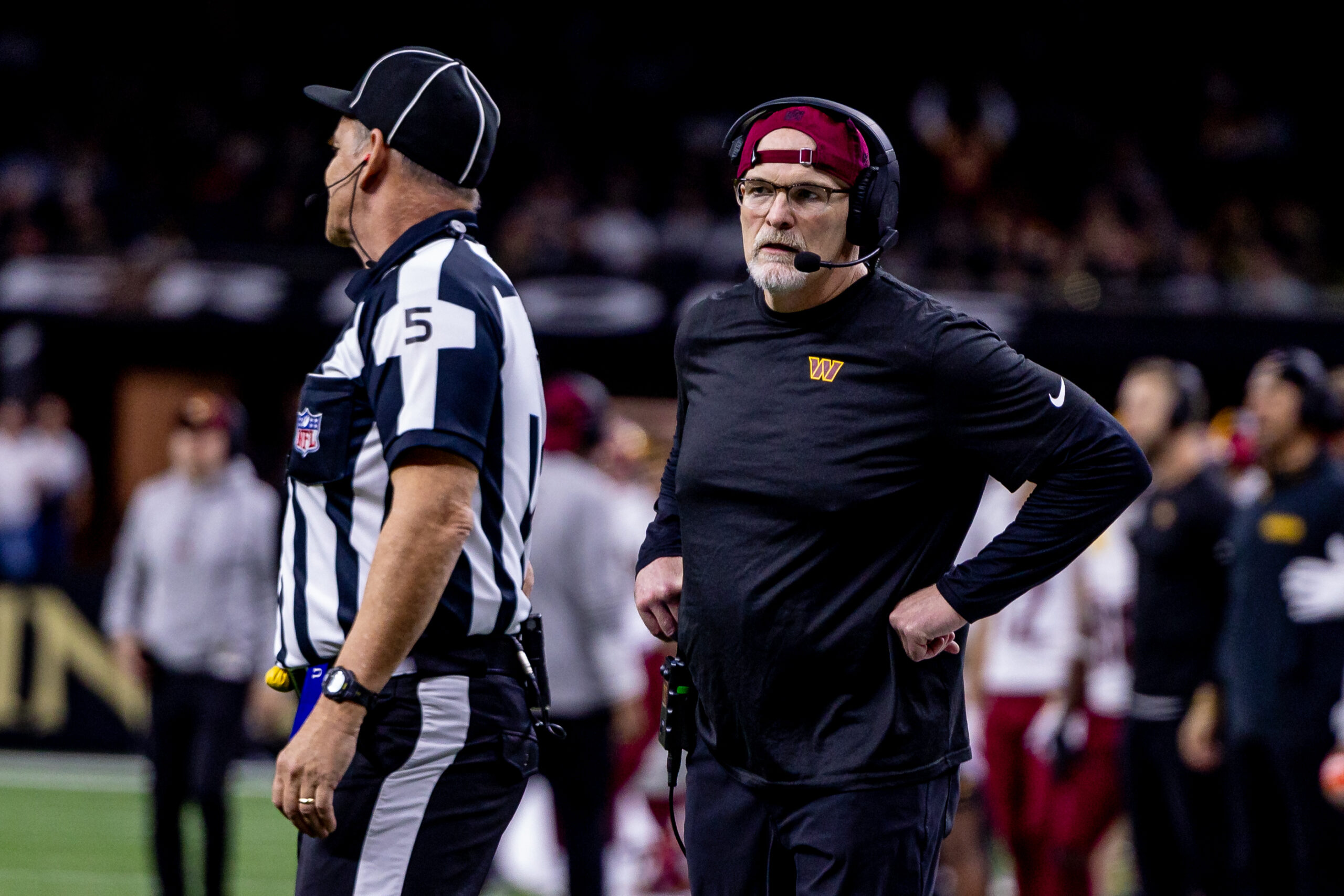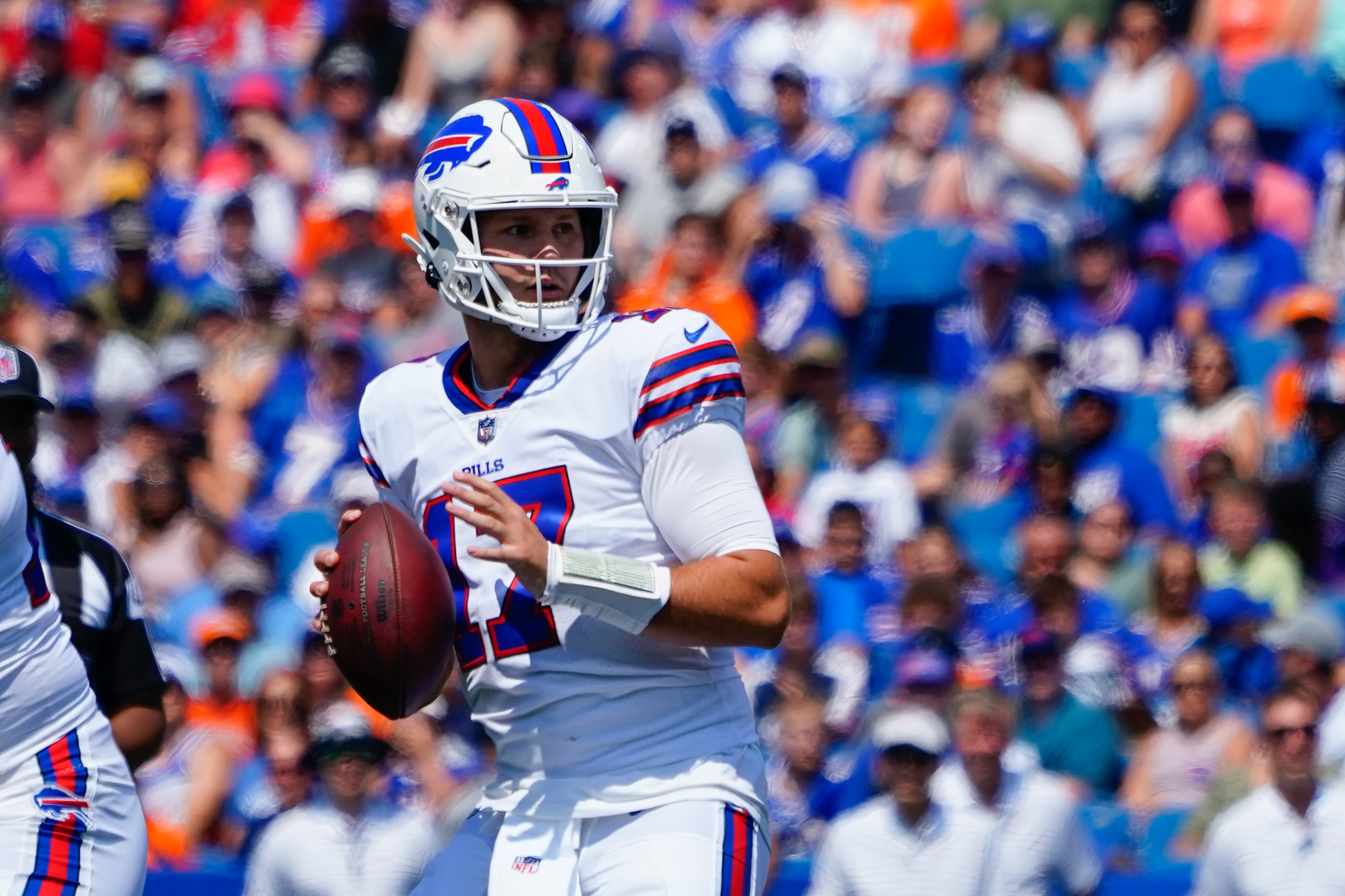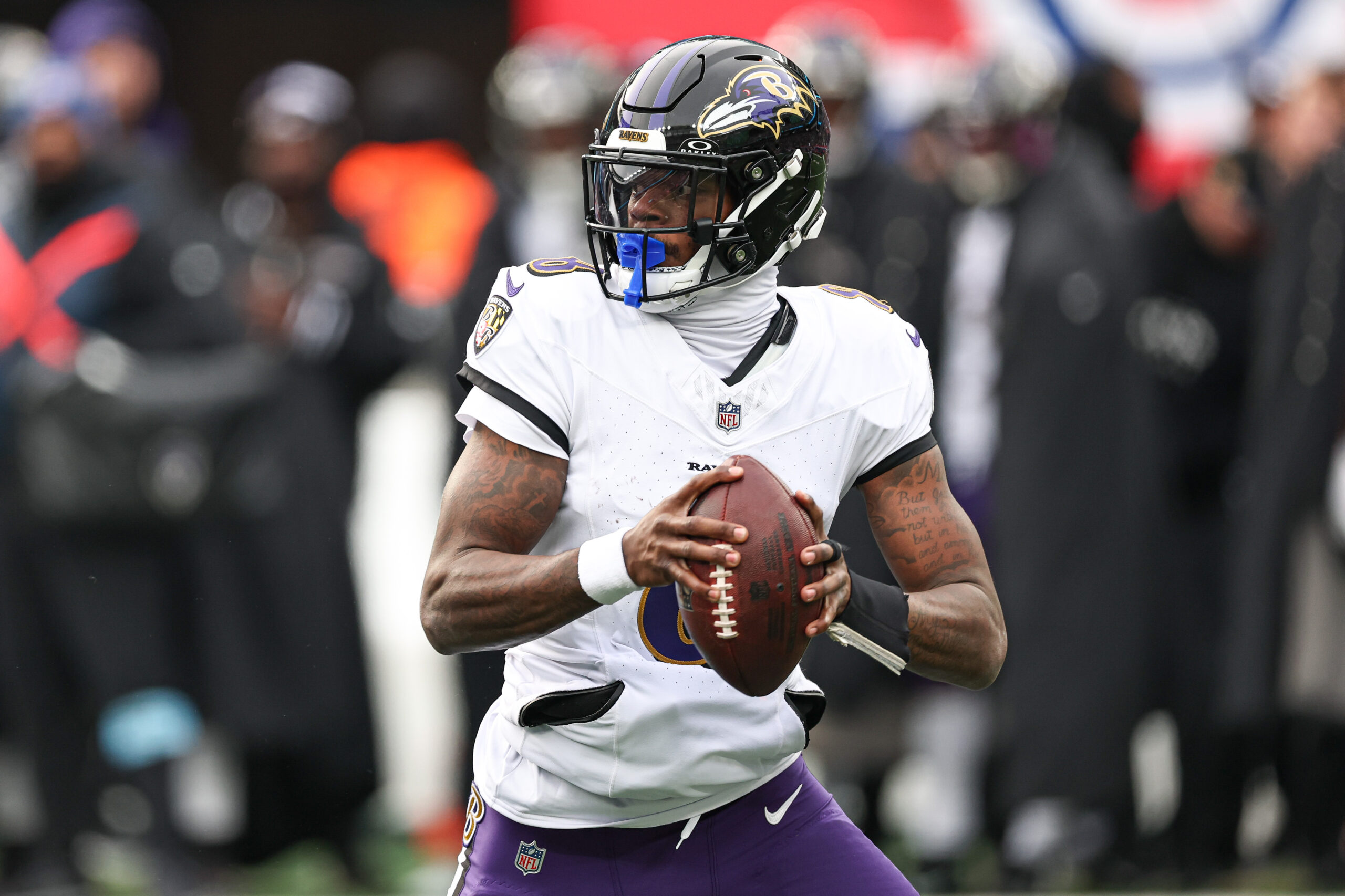NFL Analysis
1/26/24
6 min read
Ben Johnson, Mike MacDonald Show NFL's Hiring Process is Flawed
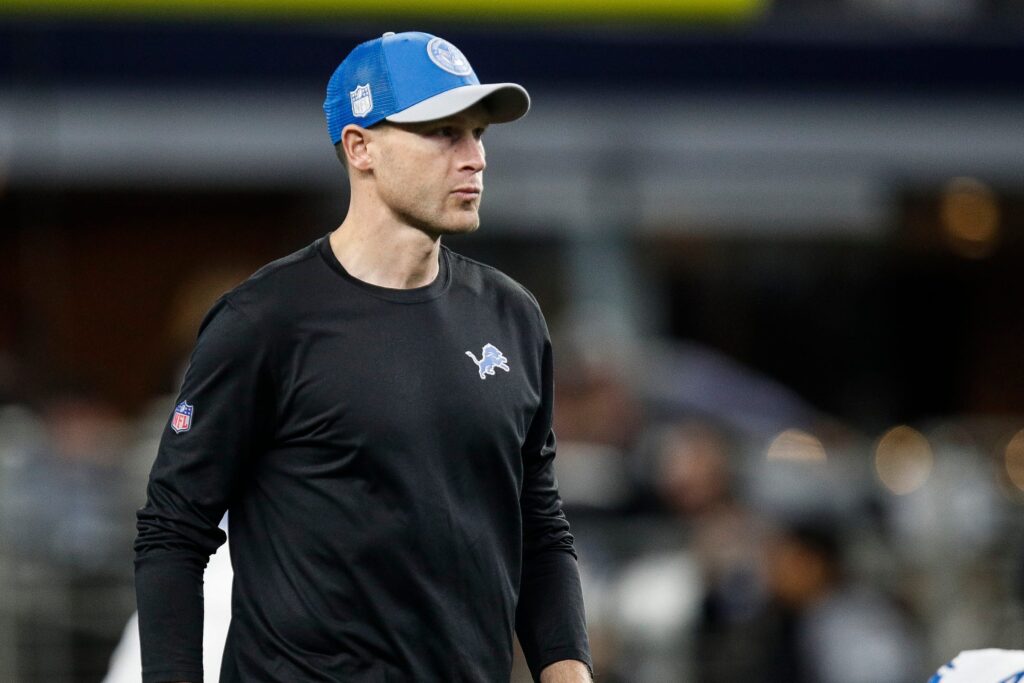
The NFL's hiring process is still not good enough.
Despite new rules that were implemented beginning this year, the process for hiring head coaches in the NFL is still flawed.
Look no further than the fact that Detroit Lions offensive coordinator Ben Johnson had four interviews the two days before Detroit’s most important football game in over 30 years on Sunday.
Think about that for a second. One of the five to 10 people most responsible and integral to the success the Lions have had this season had the biggest interviews of his life the two days before the biggest game of his life.
If you don’t see how that's a major problem, I can’t help you.
Truthfully, it really isn’t about the interviews themselves — although Johnson having to allocate that kind of time and change whatever his normal routine would be on a Friday and Saturday of a game week is less than ideal. It’s more about the preparation both of those events demand for Johnson to be able to put his best foot forward in each instance.
For those unfamiliar with a typical NFL work week, the heavy lifting for coaches is done Monday and Tuesday preparing for their next opponent. That's when they develop the game plan they present to the players Wednesday. And there's more work to be done Wednesday and Thursday as the coaches tweak things based on how the team looks in practice, while also focusing on blitz periods on Thursday, red zone and short yardage situations on Friday, etc.
The point is: The hay was in the barn for the most part on Friday afternoon when the first two of Johnson’s four interviews took place.
We will never know the answer, but I'd love to know how time was invested into his duties for Detroit as opposed to preparing for the type of potentially life-altering interviews that could bring with it a contract for five-plus years at over $10 million per season. No matter how much Johnson loves working for the Lions, you have to assume he loves his family and his shot at his dream job even more.
And, frankly, even if he was able to properly prepare for both, he was burning the midnight oil at both ends.
That’s why I don’t think there should be any head coaching interviews until after the conference championship games that take place this weekend. The two teams that will play in the Super Bowl then have two weeks to prepare, so a virtual interview seems a lot more reasonable. For everyone else, their season will be over, so there will be no such conflict as the one that Johnson had to endure.
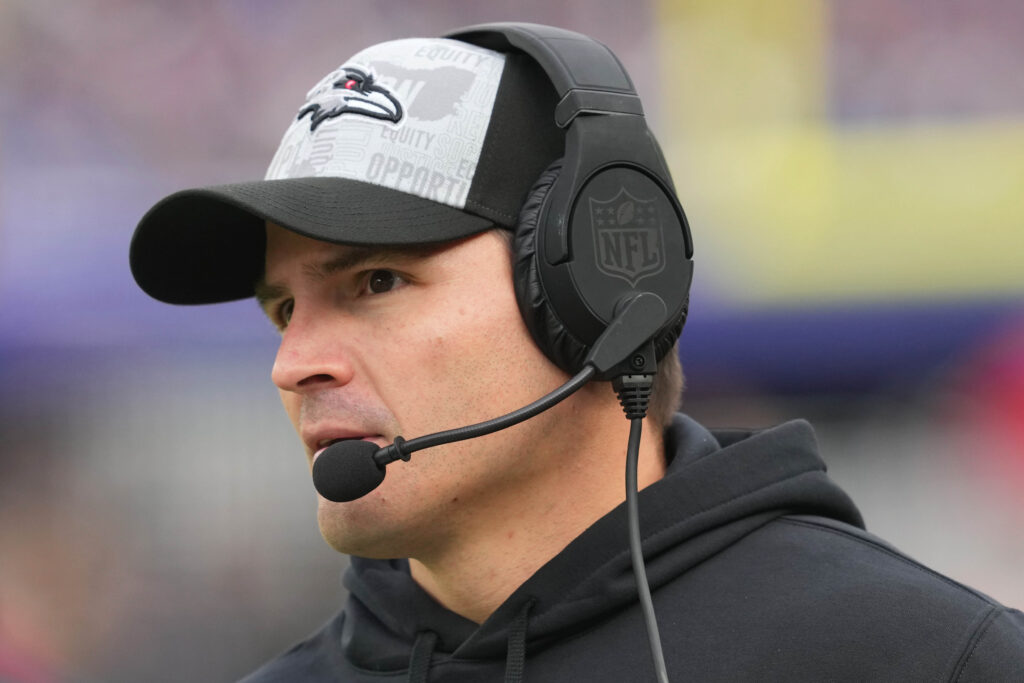
NFL's CHanges Are Good — But Don't Care Far Enough
The league, to its credit, pushed back any in-person interviews for anybody still under contract with another club until this week, the week after the Divisional Round. Combining that with the mandatory two in-person interview minimum for minorities has certainly slowed down the process, which I think everyone will agree is a positive.
The process just unfortunately hasn't gone far enough.
Take the Tennessee Titans, for example. As soon as they were able to interview head coaching candidates in person this week, they hired former Cincinnati Bengals offensive coordinator Brian Callahan on the same day they interviewed both him and Carolina Panthers offensive coordinator Thomas Brown.
Perhaps Callahan was the best person for the job. But doesn’t it seem wrong for a team to hire a coach before the organization even has the ability to meet in-person with coaches such as Johnson or star Baltimore Ravens defensive coordinator Mike MacDonald?
Johnson and MacDonald are still off limits for in-person interviews, like all the coaches whose teams have made it to the Conference Championship games, until after Sunday’s games. Clearly, those candidates shouldn’t be asked to do in-person interviews this week. But is it fair that it seems like it might hurt them, at least in terms of the Tennessee job?
Why the sense of urgency for the Titans or other teams like them? Several reasons. For one, any team that has an opening is coming off a disappointing season and thus wants to turn the page both publicly and inside the building as soon as possible to get that taste out of their mouth and create some hope and promise for the fans. It’s understandable.
Teams also, at least in Tennessee's situation, were aware Callahan was scheduled for in-person interviews with two other teams and thus didn’t want to let him leave the building for fear he would strike a deal elsewhere.
Lastly — and importantly — there is a race among teams to get as good of a coaching staff as possible for the 2024 season. The sooner you hire a head coach, the sooner he can put his staff together, and sought-after assistants can lock in a job instead of waiting to see what could possibly happen somewhere else. Assistant coaches know that the NFL is a finicky business and that uncertainty is not their friend.
That’s why the Chicago Bears were smart to hire Shane Waldron as their new offensive coordinator in Chicago. Waldron likely would’ve had options elsewhere after the good work he did with Geno Smith the last couple of seasons, but the guaranteed job in Chicago was better than potentially getting left out in the cold later on this month depending on who gets hired as head coaches elsewhere.
The answer, in my mind, is simple, and I think the NFL realizes it, which is why the league took the significant steps it did this year to push all interviews of coaches still involved in the playoffs to the Divisional Round and all in-person interviews to after that.
Unfortunately, these moves still fall at least a week short in my mind.
As long as candidates such as Johnson have to juggle things the way he did last week or teams such as the Titans hire head coaches before they can even interview high-level candidates such as Johnson and MacDonald in-person, the system is flawed.
Hitting the pause button until after the conference championship games on all interviews and coaching hires would solve these issues.


